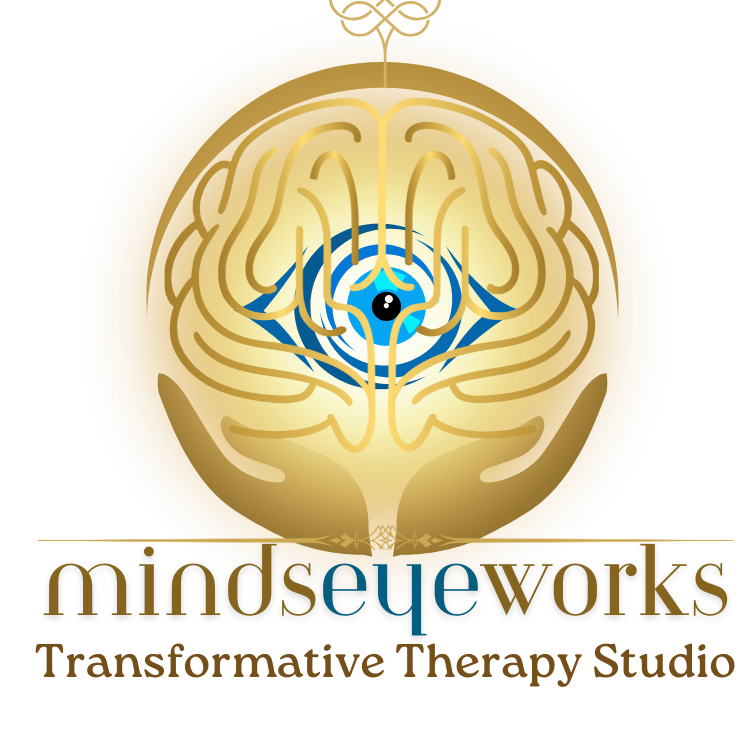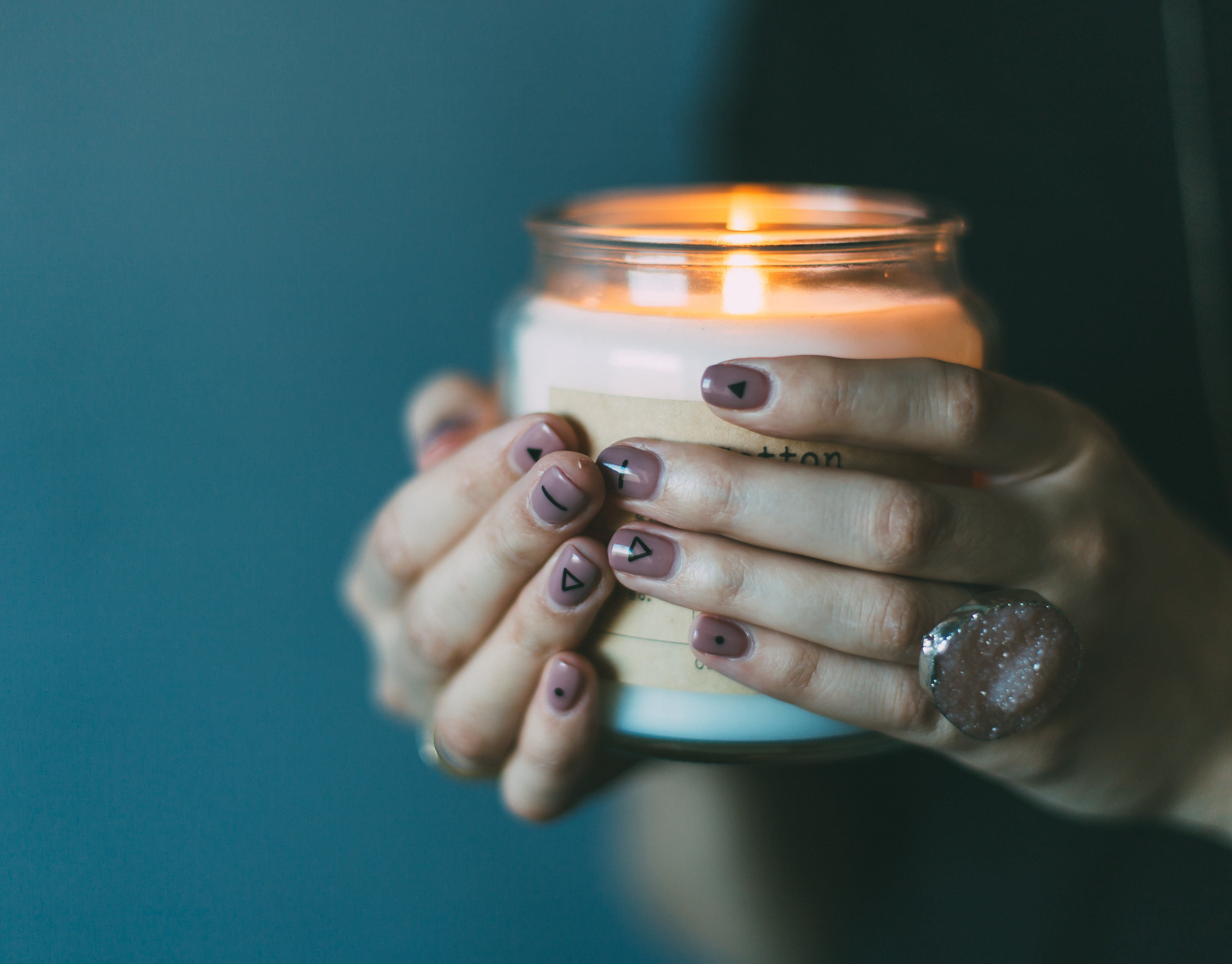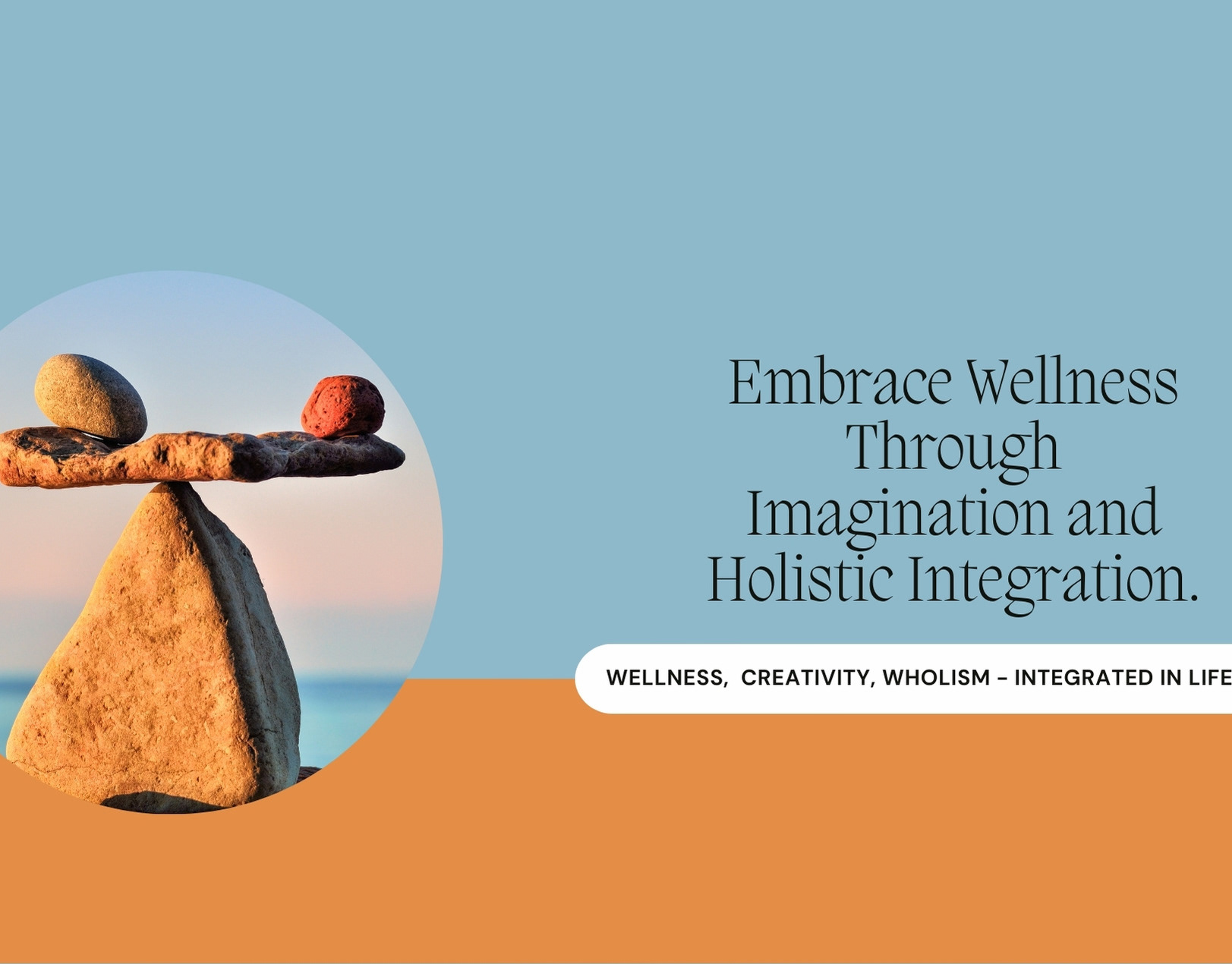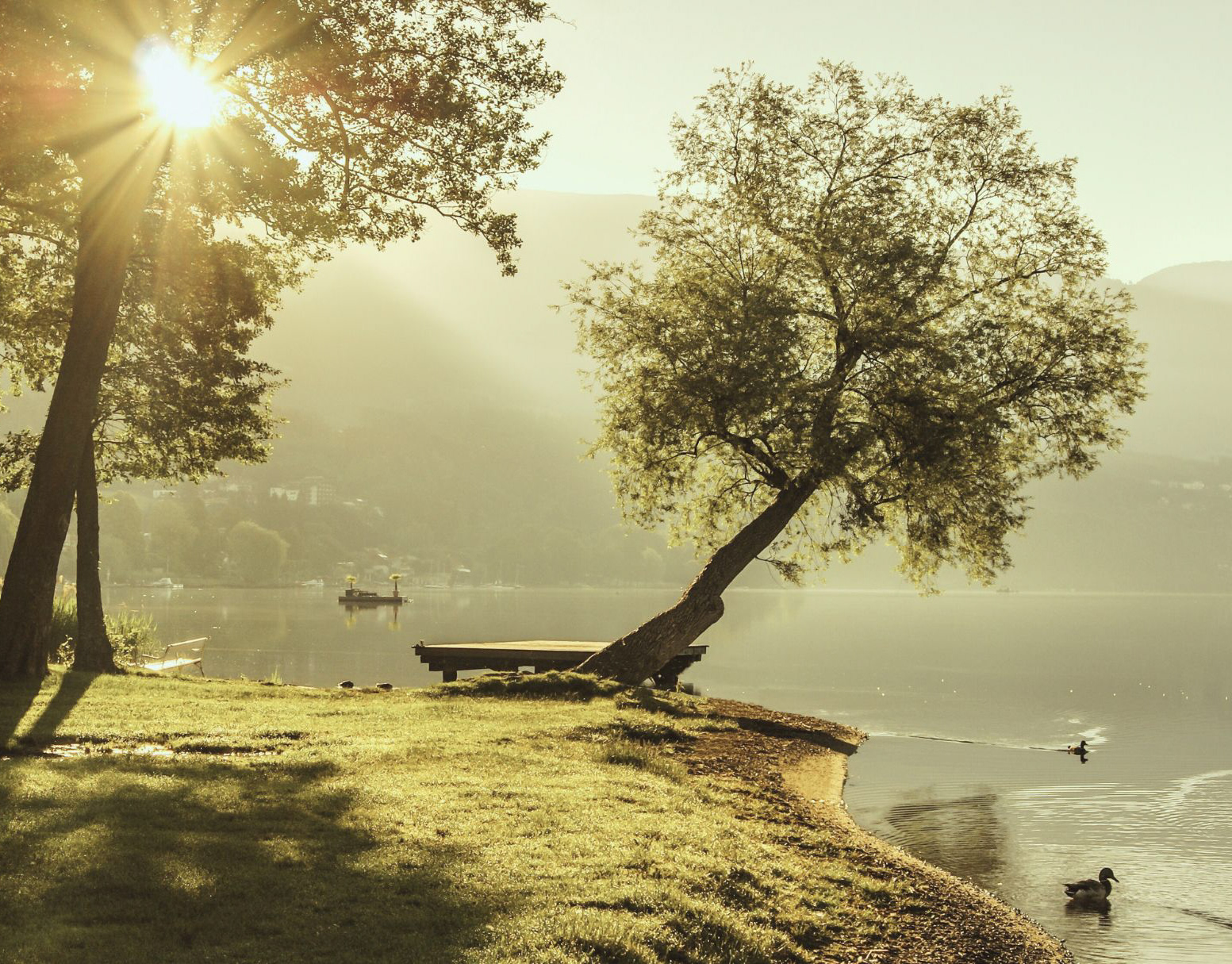
Three years ago, the world was shaken by the brutal invasion of my motherland, Ukraine. The news was more than just a geopolitical tragedy—it was deeply personal. My mother was living alone in Kharkiv, a city near the Russian border, and my heart ached with worry for her survival. As the skies over Ukraine fell silent and all typical forms of travel were suspended, I scrambled to book tickets to get as close to the border as possible.
Like many of her generation, my mother was reluctant to leave her home. Even as missiles soared overhead, she would hike long distances to get a loaf of bread. It took persistent persuasion and a harrowing explosion near her house—at the very hospital where she had once worked—to finally convince her to pack. But no one was around to help her, not even for a simple lift to the station. Miraculously, my uncle in Kyiv managed to arrange a taxi remotely. Amidst the chaos, she frantically tried to gather her phone, passport, and bank card into her handbag—never a wise choice in such a hectic moment—before rushing to the train station. That was the last time I heard from her. She stopped responding to my calls and messages, and I was left in unbearable silence, not knowing if she was safe, if she had made it onto a train, or if something worse had happened.
Determined to find her, my husband, Gary, arranged the first available flight to Krakow, Poland, to get as close as possible to Ukraine. We arrived late in the evening in Przemysl, a border town, with still no word from my mother. We assumed she would be heading toward Lviv in Western Ukraine, so we made our way there—a journey easier said than done. While thousands desperately tried to flee Ukraine, few travelled in the opposite direction, and transportation was scarce.
My anxiety was overwhelming, and it only intensified when the private car we had managed to squeeze into was stopped late at night by armed men, their fingers poised on the triggers. In a shaky attempt to defuse the tension, I greeted them with a polite "Good evening." They bombarded us with questions in Polish, and when I struggled to respond, I half-joked that if they added another gun, I might suddenly start speaking fluent Chinese.
When we finally arrived in Lviv, the once-bustling city met us with an eerie quiet. We wandered the empty streets, searching for a place to stay and the British consulate visible on Google maps turned out to no longer exist. After circling the grand building multiple times, exhausted, we collapsed onto a bench. Gary offered to check again while I stayed back with our bags. No sooner had he left than another group of armed men approached me—by now, I had grown almost accustomed to this. I calmly told them that the man circling the building was my husband and that he might need a sedative, but please, don’t shoot him. When Gary finally returned, we were escorted to a shelter in a school concert hall. The acoustics were perfect for amplifying the sound of exhausted refugees snoring, but we were grateful for a place to rest our heads and the small snacks we had left.
The next day, we returned to Lviv train station, desperately hoping to find my mother among the thousands of displaced people. We questioned several policemen, but our search yielded nothing. Then, finally, a call from my uncle broke the silence: she was alive. She had endured an arduous journey and was now recovering in a school-turned-shelter in Kovel, a small town near the Belarus border. Her train had been unexpectedly redirected, her bag with her phone and documents was lost in the pandemonium, and she had travelled across the country without food or water until she found refuge. Thanks to the head of the local police, who somehow tracked down my Uncle Victor, we finally learned where she was. After a long journey, we made it to Kovel. Tears of relief streamed down my face.
What followed was yet another chapter of uncertainty—navigating borders without my mother’s passport, waiting two months for her British visa instead of the promised five days, moving from one hotel to another every five days in Poland awaiting her visa, and volunteering at the border until we finally succumbed to COVID-19. Every step of the journey tested our resilience.
Mark Twain once said, "Kindness is the language which the deaf can hear and the blind can see." This journey, as harrowing as it was, taught me more about humanity than my entire life had up to that point. Yes, I encountered selfishness and cruelty, but far more often, I met beautiful, courageous, generous, and kind people. Through my career as an artist and photographer, I felt I was more of “a reflector “or an observer of the human condition. This experience made me very much a participant; it rekindled my passion for the helping profession, and observing an active act of kindness and compassion reminded me of the immense power of care and connection. This power has always driven my fascination with psychology, neurobiology, and the healing arts.
In the following months, during my physical and mental recovery, I dusted off my old college books. I changed my professional path; I did a u-turn, returning to what I studied before art school. Guided by the belief that healing, whether through art, therapy, or simply listening, is one of the most profound gifts we can offer each other.
Three years later, words still fail to express fully my gratitude to everyone who supported Ukraine and us throughout this journey. People stepped up when it mattered most, whether by helping me with fundraising, spreading the word, purchasing my artwork, or simply offering a kind word.
As I continue my work supporting Ukraine, I also want to give something back to those who have supported me.
If you, or someone you know, could benefit from enhancing performance and confidence, managing stress, anxiety, or weight, or experiencing powerful therapeutic interventions such as hypnotherapy, EFT, or somatic EMDR, please reach out. Sometimes, we only need a compassionate ear and a safe healing space.
As the Dalai Lama said, "My religion is kindness."
Thank you from the depths of my heart.




